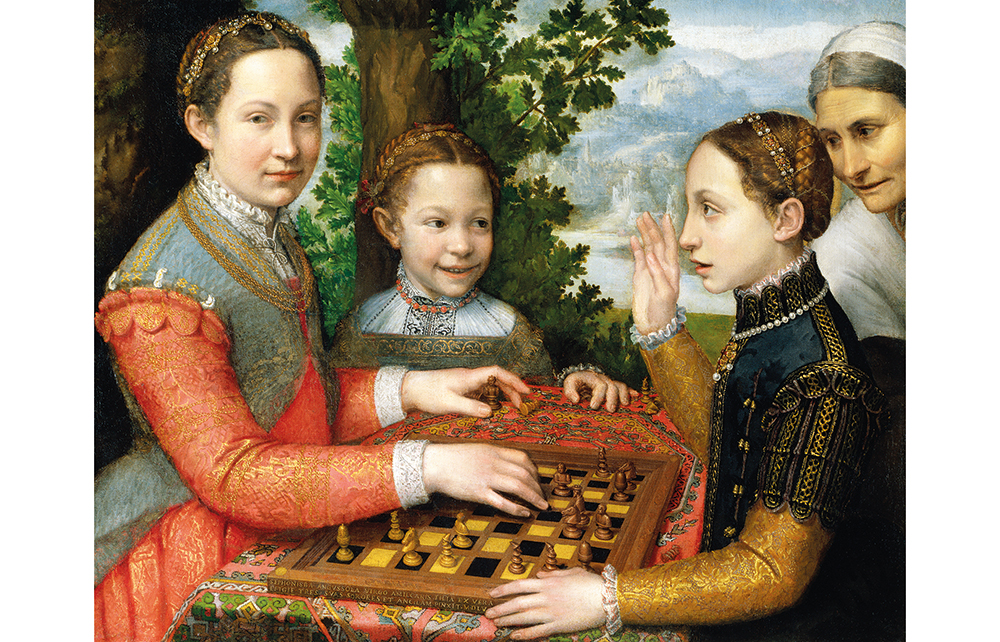If both players in a game of draughts stick to their optimal moves, the game will always end in a draw. You or I might have guessed that anecdotally. But being a mathematician, Marcus du Sautoy knows it for sure. The calculations that proved it took 200 desktop computers 18 years to perform.
The Prussian High Command used a game called Kriegsspiel to test the abilities of aspiring officers
When such a simple game produces such numerical complexity, imagine the fun a mathematician can have with something like Go, the Chinese institution whose number of possible games contains an estimated 300 digits. (The number of atoms in the observable universe only contains 80.) Du Sautoy does indeed fill his nerdy boots (the n-word is his, so I’m not being rude) as he takes us on a tour of the world’s games (boards, cards, the lot). But it isn’t just a number-fest. He is also excellent on the cultural histories of the various games, as well as the question of why we play them at all.
The ancient Egyptian game of Senet, for example, symbolised our route into the afterlife – the name means ‘passing through’, and some boards replaced numbers with birds that represented the soul on its final journey. Similarly, Tibetan temples used dice and a board to predict what you’d be reborn as after reincarnation. Laurence Waddell, a Victorian scholar of Buddhism, found that the dice were loaded to foretell an unfavourable outcome, which ‘thus necessitates the performance of many expensive rites to counteract so undesirable a fate’.
Chess is the daddy, of course, its name coming from shah, the Persian for king. The second book William Caxton ever printed in English was about chess, and Ferdinand and Miranda play the game in The Tempest (eight lines of eight words each, symbolising the board).







Comments
Join the debate for just £1 a month
Be part of the conversation with other Spectator readers by getting your first three months for £3.
UNLOCK ACCESS Just £1 a monthAlready a subscriber? Log in